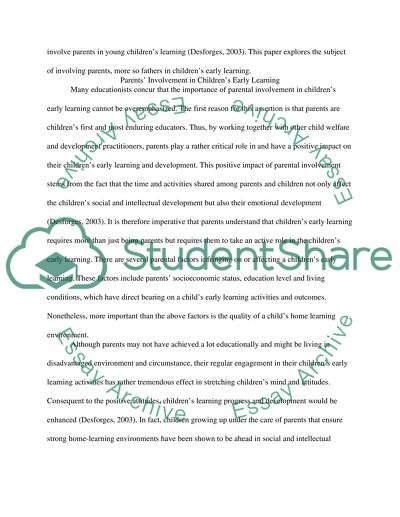Cite this document
(“Engaging Parents in Their Children's Early Learning Essay”, n.d.)
Retrieved from https://studentshare.org/education/1453091-engaging-parents-in-their-childrens-early-learning
Retrieved from https://studentshare.org/education/1453091-engaging-parents-in-their-childrens-early-learning
(Engaging Parents in Their Children'S Early Learning Essay)
https://studentshare.org/education/1453091-engaging-parents-in-their-childrens-early-learning.
https://studentshare.org/education/1453091-engaging-parents-in-their-childrens-early-learning.
“Engaging Parents in Their Children'S Early Learning Essay”, n.d. https://studentshare.org/education/1453091-engaging-parents-in-their-childrens-early-learning.


